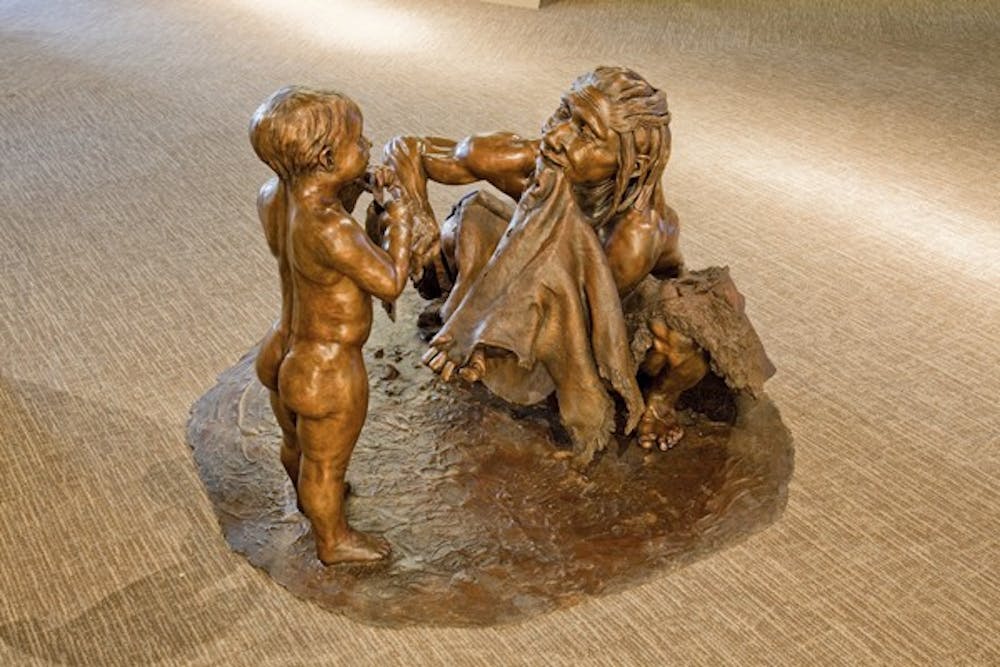We’re going to let you in on a little secret. Prepare to be shocked. You actually might want to sit down (if you aren’t already) before you read this. Just remember, we warned you. There are other things to do in the spring in Washington, D.C. besides going to the National Cherry Blossom Festival.
Still breathing? OK, it gets better. There are plenty of interesting, exciting and fun opportunities inside for you to explore in the coming weeks. If millions of tourists, plenty of pollen and delayed Metro rides don’t sound that awesome, don’t worry. Go against the trend and try something different.
Make that first outing a trip to the National History Museum. Specifically, visit the David H. Koch Hall of Human Origins Exhibit. The Hall, which cost more than $20.7 million, is part of the National History Museum’s larger scale initiative called “Human Origins: What Does It Mean to Be Human?”
“The initiative focuses on the epic story of human evolution and how the defining characteristics of the human species have evolved over millions of years in response to a changing world,” according to a statement from the museum. “The initiative also features a compelling new Smithsonian Human Origins Web site that offers engaging interactive experiences, 3-D renderings of many of the human fossils on display and special features visitors can only experience on the Web.”
It was by no means a coincidence that the Hall opened on the Natural History Museum’s 100-year anniversary, as, according to Museum Director Christian Samper, the exhibit is geared to be one of the most significant and impressive in the history of the museum.
“The hall offers the opportunity to explore the scientific finds that shed light on one of the really significant sparks to human curiosity — our own origins,” Samper said in a museum press release. “Our goal is to provide visitors and online guests with an exciting educational experience that will encourage them to explore for themselves what science can tell us about what it means to be human.”
The Hall, which stretches over 15,000-square feet, is monumental on its own, but it also features many noteworthy smaller aspects. There is an interactive component that showcases the many stages of human evolution, as well as incredibly lifelike depictions of faces of primitive human relatives.
One part of the exhibit displays over 75 skulls to show the changes of humans over time. There’s also a “Changing the World” gallery, which will appeal particularly to museum-goers interested in how current issues affect human evolution. The gallery functions as a forum for viewers to ask questions about topics such as global warming or the melting of glaciers.
Above all, the theme of the exhibit is “What Does it Mean to be Human?” Rick Potts, director of the Human Origins Program and curator of anthropology at the museum, said in the museum’s statement.
“It is our hope that the exhibition will expand knowledge and understanding about our defining cultural and biological characteristics and how those traits emerged during the past six million years — one of the most dramatic eras of environmental change in our Earth’s history.”
The permanent exhibit is free and open during regular Natural History Museum hours. For more information about the exhibit or to view the exhibit’s online components such as podcasts, interactive exhibit tours or interviews with the scientists and designers behind the Hall of Human Origins, visit www.mnh.si.edu or call (202) 633-1000.
You can reach this staff writer at ostitilis@theeagleonline.com.





